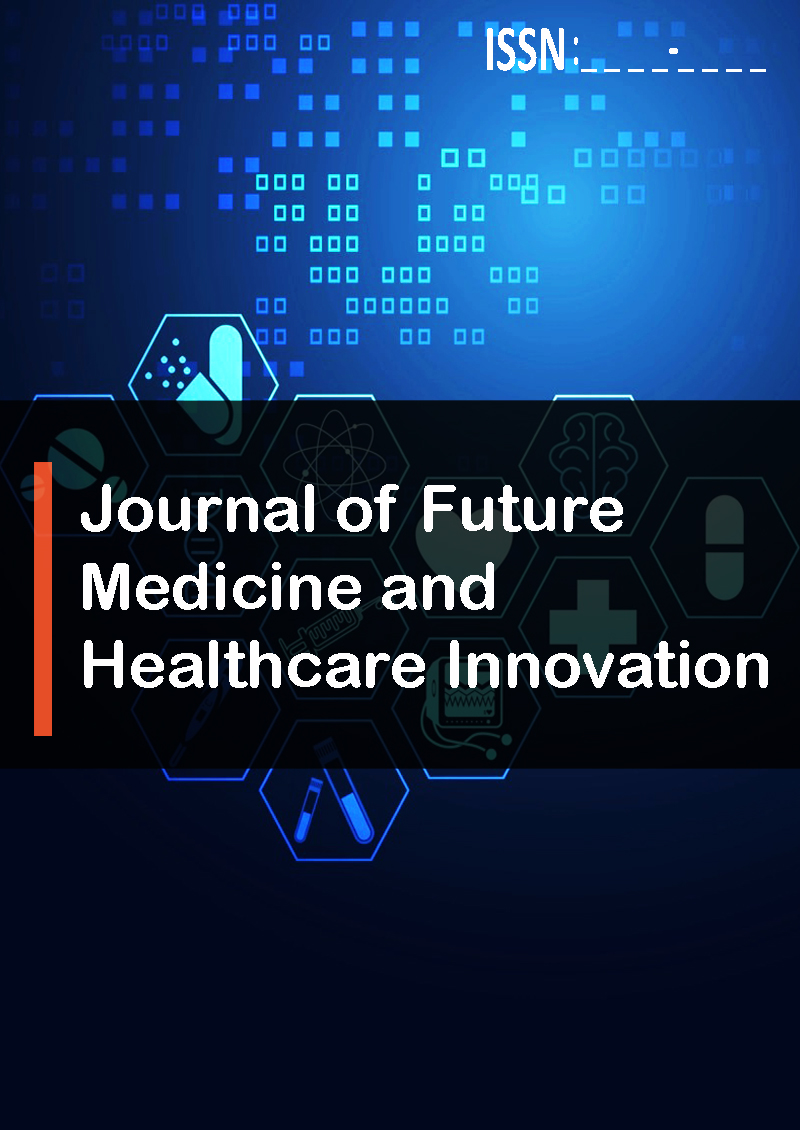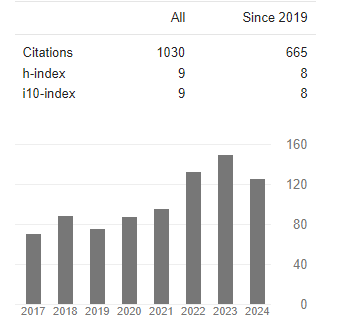The Comparison of Placental Findings and Pregnancy Outcomes Before and During COVID-19 Pandemic
Abstract
Helen Y How, Mureena Turnquest-Wells, Michael Daniels and Christina L Waldon
Background: During the SARS-CoV-2 pandemic, pregnancy outcomes remain in question with relationship to individuals who tested positive for COVID-19. There is a plethora of evidence that pregnant people who become infected with the SARS- CoV-2 virus may be at increased risk for perinatal loss. These losses are believed to be due to the destruction of the placenta, which then deprives the fetus of oxygen.
Objective: This study aimed to compare placental findings and fetal outcomes between two 18-month periods, pre-COVID-19, and COVID-19, and to determine if there was an increase in abnormal placental findings and fetal complications during the COVID-19 period. The study hypothesized that pregnant individuals with COVID-19 positivity would have a higher risk of intrauterine fetal demise and FGR due to placental injury caused by the virus.
Study Design: The placental findings and fetal outcomes of 34,102 deliveries were retrospectively compared between two equal seasonal 18-month timeframes. The COVID-19 period was April 1, 2020, to September 30, 2021. The pre-COVID-19 period was April 1, 2018, to September 30, 2019, with a wash-out period of October 1, 2019, to March 31, 2020. Chi-squared statistical tests with odds ratios and 95% confidence intervals were used to contrast three placental findings and two fetal outcomes.
Results: The study found a significant increase in chorangiosis, chorioamnionitis, villitis, and FGR during the COVID-19 period compared to the pre-COVID-19 period. Additionally, there was a higher incidence of chorangiosis, chorioamnionitis, villitis, and marginally higher FGR in placentae from mothers with a history of COVID-19 infection compared to those without a positive test. There was no significant increase in intrauterine fetal demise among COVID-19-positive mothers.
Conclusion: The study concludes that antenatal testing is not warranted solely for positive COVID-19 infection without other comorbidities present because there was no significant increase in intrauterine fetal demise. However, the study found a rise in FGR among pregnant individuals with a positive COVID-19 test. We agree with the Society for Maternal-Fetal Medicine's recommendations that a repeat fetal growth ultrasound should be conducted four weeks after a positive COVID-19 test. We acknowledge that chorangiosis can occur due to other maternal comorbidities. In the absence of data regarding maternal demographics, we cannot conclude whether chorangiosis occurred due to COVID-19 or other conditions.
“When you believe in things that you don’t understand, then you suffer. Superstition ain’t the way!” Stevie Wonder, 1972.




